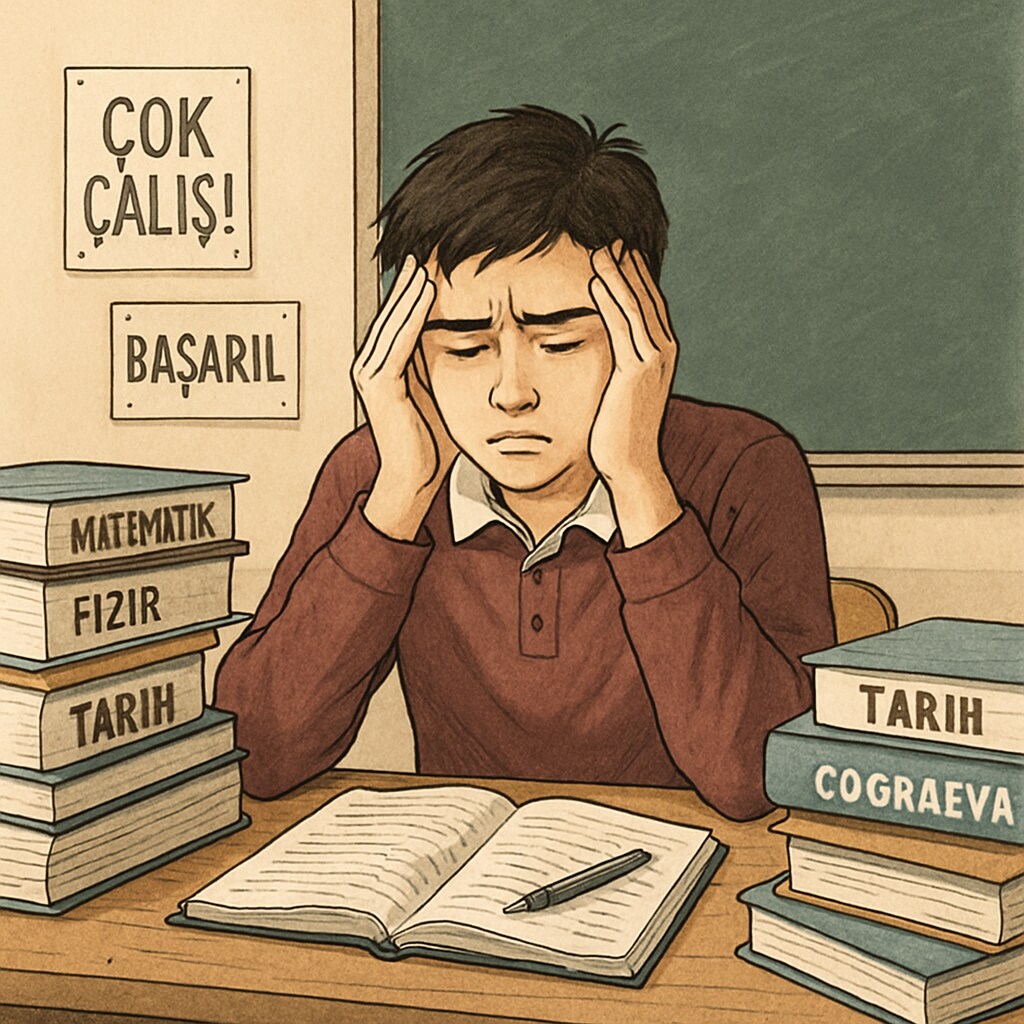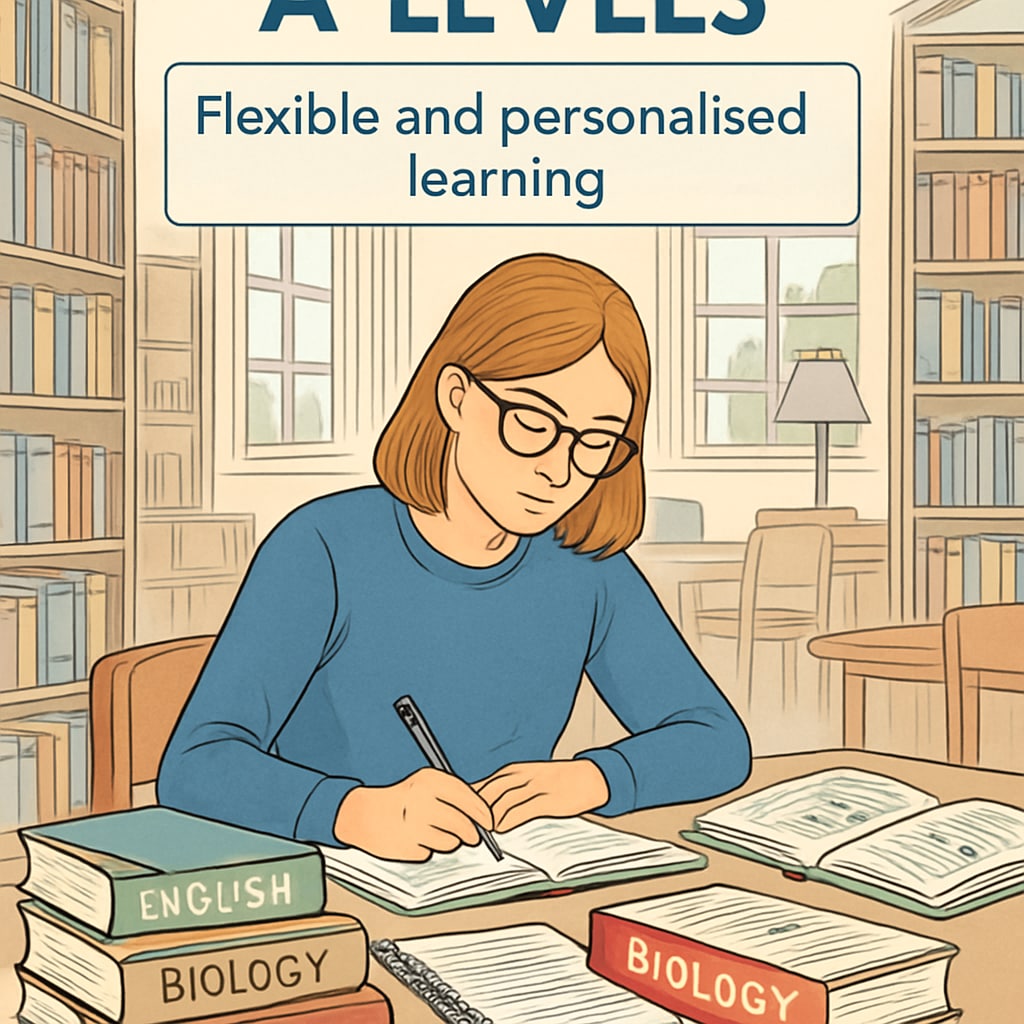Education systems around the world vary in structure, philosophy, and outcomes. Turkey’s exam-driven education system and the UK’s A Levels model represent two contrasting approaches to learning. This article delves into the profound differences between these systems, exploring how they shape student motivation, psychological health, and long-term development. By analyzing these factors, we uncover the lessons Turkey might draw from the UK’s more flexible, student-centered model.
Understanding Turkey’s Exam-Driven Education System
Turkey’s education system heavily emphasizes standardized exams as the primary measure of academic success. Students face immense exam pressure, with their future academic and career paths hinging on a few high-stakes tests, such as the YKS (Higher Education Exam). This approach aims to ensure fairness and meritocracy but often results in an overwhelming focus on rote memorization rather than critical thinking or creativity.
The consequences of this exam-centric model are multifaceted. On one hand, it instills discipline and a strong work ethic; on the other, it can stifle intrinsic student motivation by prioritizing grades over genuine learning. The psychological toll is significant, with research showing high levels of stress, anxiety, and burnout among Turkish students.

The UK’s A Levels: A Flexible and Personalized Approach
In contrast, the UK’s A Levels system emphasizes flexibility and student choice. Students typically select three to four subjects that align with their interests and career aspirations, fostering a sense of autonomy and engagement. This model encourages deeper exploration of subjects, critical thinking, and the development of transferable skills.
Rather than relying solely on final exams, A Levels often include coursework, practical assessments, and periodic evaluations. This varied assessment structure reduces exam pressure and promotes a more holistic view of student performance. As a result, students are better equipped to handle the demands of higher education and the workforce.

Key Differences and Their Impact on Students
When comparing these two systems, several key differences emerge:
- Learning Philosophy: Turkey’s system prioritizes uniformity and standardization, while A Levels focus on individuality and specialization.
- Student Motivation: Turkish students often study to achieve high test scores, while UK students are motivated by their personal interests and future goals.
- Psychological Health: The intense exam pressure in Turkey can harm mental well-being, whereas the diverse assessment methods in A Levels alleviate stress.
- Future Opportunities: A Levels prepare students for a wide range of academic and professional paths, while Turkey’s system may limit flexibility due to its rigid structure.
These differences highlight the need for a balanced approach that combines the merits of both systems while addressing their respective shortcomings.
Lessons for Education Reform in Turkey
To reform its education system, Turkey can draw inspiration from the UK’s A Levels model in several ways:
- Introduce Choice: Allow students to select subjects based on their interests, promoting engagement and intrinsic motivation.
- Diversify Assessments: Incorporate coursework, group projects, and practical evaluations to reduce reliance on high-stakes exams.
- Focus on Well-Being: Implement initiatives to support students’ mental health, such as stress management workshops and counseling services.
- Teacher Training: Equip educators with the tools to foster critical thinking and creativity in the classroom.
Such reforms require strategic planning, investment, and a cultural shift toward valuing diverse forms of learning and achievement. While challenges are inevitable, the potential benefits for students’ academic, psychological, and professional development make these efforts worthwhile.
Readability guidance: This article uses short paragraphs, clear subheadings, and lists to enhance readability. Active voice and transitional phrases ensure a smooth flow of ideas, making complex concepts accessible to readers.


